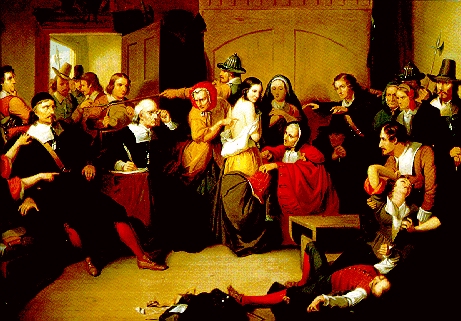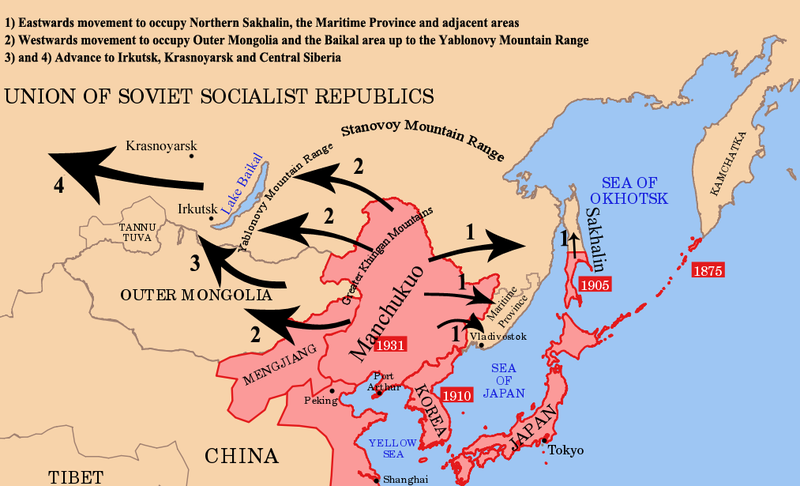The Washington Post is worried that the “Islamic State is failing as a state.”
Services are collapsing, prices are soaring, and medicines are scarce in towns and cities across the “caliphate” proclaimed in Iraq and Syria by the Islamic State, residents say, belying the group’s boasts that it is delivering a model form of governance for Muslims.
The Muslims have never been much at governing. In the early days after Muhammed and his nomadic warriors conquered much of the Middle East, the people pretty much governed themselves as the Arabs were better at fighting than governing.
The “Golden Age of Islam was from the rule of Harun al Rashid to the Mongol conquest, in 1260 to 1300. The Sack of Baghdad, which ended the “Golden Age, occurred in 1258.
Although the Abbasids had failed to prepare for the invasion, the Caliph believed that Baghdad could not fall to invading forces and refused to surrender. Hulagu subsequently besieged the city, which surrendered after 12 days. During the next week, the Mongols sacked Baghdad, committing numerous atrocities and destroying the Abbasids’ vast libraries, including the House of Wisdom. The Mongols executed Al-Musta’sim and massacred many residents of the city, which was left greatly depopulated.
The Golden Age of Islam had been chiefly carried out by Christians and recent converts (mostly involuntary) who translated Greek classics into Arabic. It was mostly a fiction created in the 19th century.
The metaphor of a golden age begins to be applied in 19th-century literature about Islamic history, in the context of the western cultural fashion of Orientalism. The author of a Handbook for Travelers in Syria and Palestine in 1868 observed that the most beautiful mosques of Damascus were “like Mohammedanism itself, now rapidly decaying” and relics of “the golden age of Islam”






